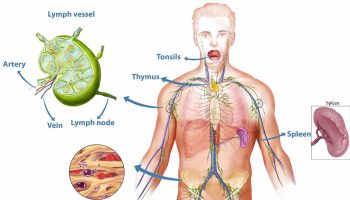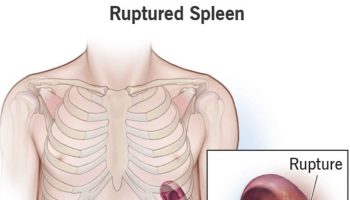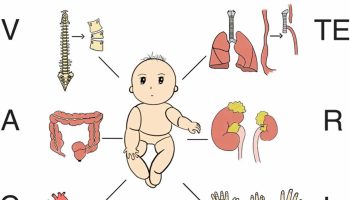Contents
What is belching
Belching also called burping, is the act of bringing up air from the stomach. Belching or burping is a normal process and results from swallowed air accumulating in the stomach. The air can either be belched back or can be passed out of the stomach into the small intestine and be subsequently passed as rectal gas (flatus).
Belching is most often a normal process. The purpose of belching is to release air from the esophagus and stomach. Every time you swallow, you also swallow air, along with fluid or food. The buildup of air in the upper stomach causes the stomach to stretch. This triggers the muscle at the lower end of the esophagus (the tube that runs from your mouth to the stomach) to relax. Air is allowed to escape up the esophagus and out the mouth.
You may swallow excess air if you eat or drink too fast, talk while you eat, chew gum or suck on hard candies, drink carbonated beverages, or smoke. Some people swallow air as a nervous habit — even when they’re not eating or drinking. This is called aerophagia.
Drinking carbonated beverages such as soda or beer can also generate excess gastric gas. In addition, individuals who experience anxiety may swallow air excessively. Poorly fitting dentures and chronic postnasal “drip” can also cause excess air swallowing. As a result, significant amounts of gas can enter the stomach and small bowel in 24 hours which can lead to belching, bloating or flatulence.
Acid reflux or gastroesophageal reflux disease (GERD) can sometimes cause excessive belching by promoting increased swallowing. Chronic belching may be related to inflammation of the stomach lining (gastritis) or to an infection with Helicobacter pylori, the bacterium responsible for some stomach ulcers. In these cases, the belching is accompanied by other symptoms, such as heartburn or abdominal pain.
Depending on the cause, belching or burping may last longer or be more forceful.
Symptoms such as nausea, dyspepsia, and heartburn may be relieved by belching.
When to contact a medical professional
Most of the time belching is a minor problem. See a health care provider if the belching does not go away, or if you also have other symptoms.
What causes belching
Belching may be due to:
- Pressure caused by the unconscious swallowing of air (aerophagia)
- Acid reflux disease (GERD) and heartburn
How to treat belching
You can get relief by lying on your side or in a knee-to-chest position until the gas passes.
Avoid chewing gum, eating quickly, and eating gas-producing foods and beverages (e.g., carbonated beverages such as soda and beer.).
You can also reduce belching if you:
- Eat and drink slowly. Taking your time can help you swallow less air. Try to make meals relaxed occasions; eating when you’re stressed or on the run increases the air you swallow.
- Avoid carbonated drinks and beer. They release carbon dioxide gas.
- Skip chewing gum and hard candy. When you chew gum or suck on hard candy, you swallow more often than normal. Part of what you’re swallowing is air.
- Don’t smoke. When you inhale smoke, you also inhale and swallow air.
- Check your dentures. Poorly fitting dentures can cause you to swallow excess air when you eat and drink.
- Get moving. It may help to take a short walk after eating.
- Treat heartburn. For occasional, mild heartburn, over-the-counter antacids or other remedies may be helpful. GERD may require prescription-strength medication or other treatments.





